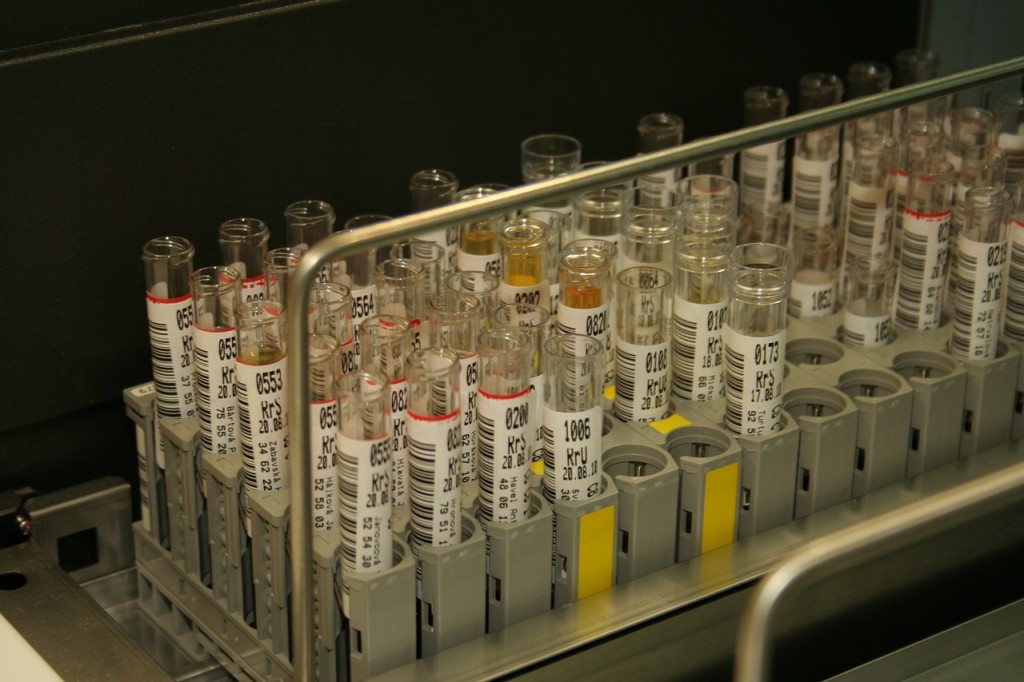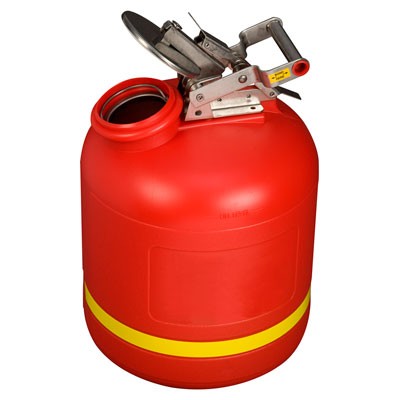Industrial Wastewater Treatment: Custom Solutions for Complicated Wastewater Challenges
Industrial Wastewater Treatment: Custom Solutions for Complicated Wastewater Challenges
Blog Article
Comprehending the Comprehensive Process of Liquid Waste Disposal: Ideal Practices and Environmental Influence Factors To Consider
The management of liquid waste disposal is a complex issue that calls for a comprehensive understanding of different best techniques and their connected environmental influences. From the kinds of fluid waste generated to the approaches utilized for collection, treatment, and last disposal, each action plays an essential function in guarding communities and public wellness.
Kinds Of Liquid Waste
Recognizing the various sorts of liquid waste is essential for reliable administration and disposal techniques. Fluid waste can be extensively categorized into a number of kinds, each calling for one-of-a-kind handling and therapy methods.
Industrial fluid waste commonly contains dangerous products, consisting of heavy metals, solvents, and chemicals, created throughout making procedures. These wastes necessitate stringent regulatory conformity to shield human wellness and the setting. Residential liquid waste mainly describes wastewater produced from households, including sewage and greywater, which, although less toxic, can still pose significant threats if incorrectly managed.
Agricultural fluid waste, including overflow from farms, commonly consists of fertilizers and pesticides that can result in ecological deterioration otherwise dealt with appropriately. Clinical fluid waste, generated from medical care centers, includes contaminated fluids such as physical fluids and chemicals, calling for specialized disposal approaches to stop infection and environmental contamination.
Lastly, oil and oil waste, usually produced by restaurants and auto industries, can trigger severe obstructions in sewer systems otherwise managed correctly. Understanding these classifications promotes targeted approaches for treatment, conformity with regulations, and effective disposal approaches, inevitably advertising ecological sustainability and public health safety.

Collection Approaches
Reliable collection approaches are vital for the correct management of fluid waste, making certain that it is gathered safely and efficiently before treatment or disposal. Numerous methods are used relying on the kind of fluid waste generated, the quantity, and the specific attributes of the waste.
One common technique is making use of dedicated collection storage tanks or sumps, which are designed to capture fluid waste at the resource. These systems frequently integrate pumps that assist in the transfer of waste to larger storage space containers or therapy centers. Furthermore, mobile collection systems outfitted with vacuum technology are employed in situations where waste is generated intermittently or in hard-to-reach areas.
For commercial setups, closed-loop systems can efficiently minimize leakages and spills, permitting for the healing and reuse of liquid waste. It is additionally important to educate workers on appropriate collection protocols to reduce threats linked with harmful materials.
Moreover, implementing regular maintenance routines for collection devices guarantees ideal efficiency and security. The assimilation of advanced tracking systems can improve collection effectiveness by giving real-time data on waste levels and potential threats. On the whole, reliable collection methods are foundational to sustainable fluid waste administration techniques.
Therapy Processes
Therapy processes play a vital role in the management of fluid waste, transforming potentially hazardous materials right into recyclable sources or safe effluents - liquid waste disposal. These processes can be generally categorized right into physical, chemical, and organic approaches, each tailored to resolve specific pollutants present in the waste stream
Physical treatment approaches, such as sedimentation and filtering, work by getting rid of suspended solids and particulate issue. These methods are often the very first step in the treatment chain, effectively minimizing the lots on subsequent processes. Chemical therapies entail using reagents to counteract damaging materials, precipitate heavy metals, or oxidize natural pollutants, thereby boosting the safety of the effluent.
Biological treatment processes, consisting of triggered sludge systems and anaerobic digestion, profit from the natural capacities of microorganisms to deteriorate raw material. These approaches are especially efficient for wastewater containing biodegradable pollutants. Advanced treatment modern technologies, such as membrane filtration and progressed oxidation processes, are significantly utilized to achieve greater degrees of filtration.
Incorporating a mix of these treatment methods not just guarantees conformity with governing criteria however also promotes environmental sustainability by recovering useful sources from fluid waste.
Disposal Options
How can organizations guarantee the safe and liable disposal of liquid waste? Effective disposal choices are essential for safeguarding public health and wellness and the setting. The main techniques include land incineration, treatment, and disposal followed official site by discharge right into community wastewater systems.
Land disposal involves the mindful control of fluid waste in designated landfills, making certain that it does not leach into surrounding dirt or water. Incineration, on the various other hand, topics fluid waste to heats, converting it right into ash and gases, which call for appropriate purification to reduce exhausts. This approach is appropriate for contaminateds materials that can not be dealt with through traditional means.
In cases where fluid waste can be dealt with, companies may decide for chemical or organic treatment procedures to neutralize dangerous parts before discharging the treated effluent right into metropolitan systems. This route generally aligns with regulative requirements, ensuring that the effluent fulfills security standards.
Ultimately, companies must carry out extensive assessments of each disposal choice to determine its practicality, considering elements such as waste make-up, regulatory compliance, and prospective threats to health and wellness and the atmosphere. By choosing appropriate disposal methods, businesses can add to a liable waste monitoring technique.
Environmental Influence
The ecological influence of liquid garbage disposal is a vital consideration for companies seeking to minimize their ecological impact. Incorrect disposal methods can cause considerable contamination of water sources, soil deterioration, and adverse impacts on regional ecological communities. As an example, unsafe liquids can seep right into groundwater, positioning risks to alcohol consumption water products and water life. Furthermore, the discharge of unattended or inadequately dealt with waste into surface area waters can lead to eutrophication, bring about oxygen depletion and the succeeding fatality of fish and other organisms.

To reduce these effects, companies must adopt ideal methods such as carrying out strenuous waste treatment procedures, promoting recycling and reuse, and sticking to regulative requirements. By taking a proactive technique to fluid waste monitoring, entities can substantially reduce their ecological footprint while sustaining sustainable growth objectives. Ultimately, an top article extensive understanding of the environmental impacts related to liquid garbage disposal is vital for educated decision-making and liable stewardship of all-natural resources.
Verdict
Efficient monitoring of fluid waste is important for protecting environmental stability and public wellness. By taking on finest techniques in disposal, collection, and therapy, along with adherence to regulatory standards, the possibility for dangerous contamination of environments can be considerably decreased. Continuous developments in technology and processes add to lasting waste administration initiatives. Inevitably, an extensive understanding of fluid garbage disposal not only mitigates ecological influences however also fosters a dedication to accountable source monitoring and ecological stewardship.
The administration of liquid waste disposal is a multifaceted problem that needs a detailed understanding of various best practices and their associated environmental influences. From the types of liquid waste produced to the techniques used for collection, therapy, and last disposal, each step plays a crucial role in guarding environments and public wellness.The ecological effect of fluid waste disposal is a vital consideration for companies looking for to lessen their environmental footprint. Eventually, a comprehensive understanding of the environmental effects connected with liquid waste disposal is vital for notified decision-making and responsible stewardship of natural sources.
Ultimately, a thorough understanding of liquid waste disposal not only alleviates ecological impacts but also fosters a commitment to responsible resource monitoring and environmental stewardship.
Report this page